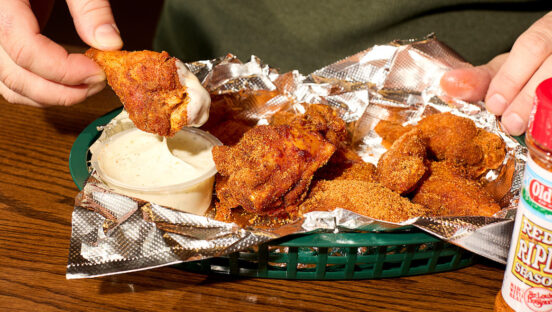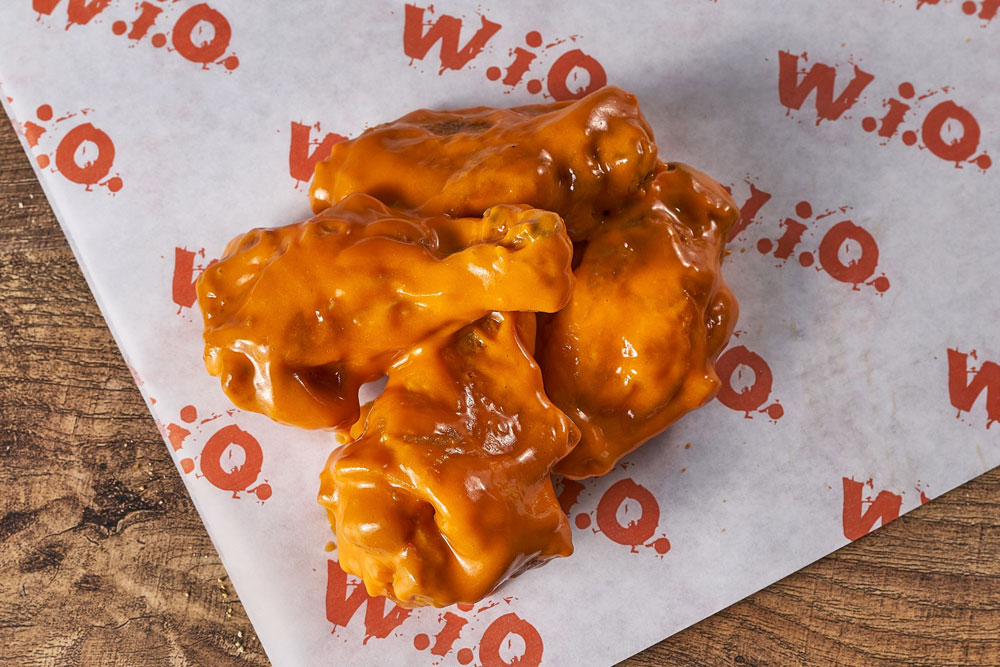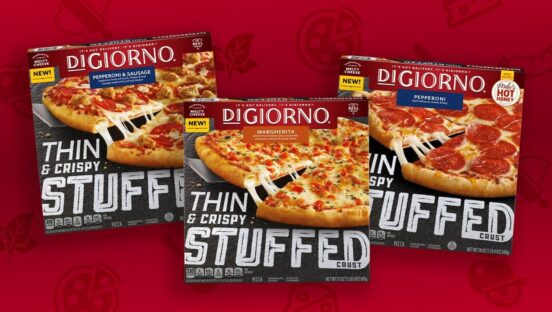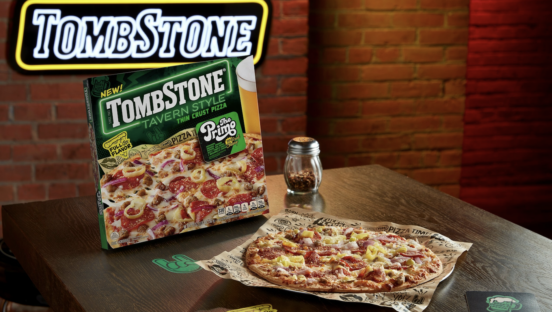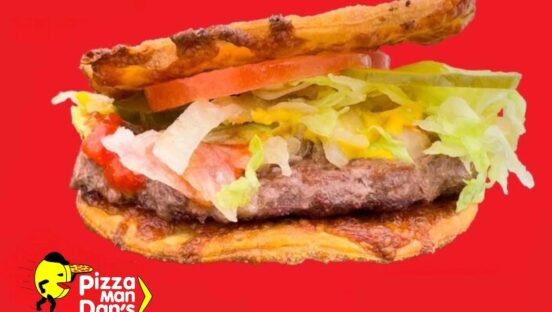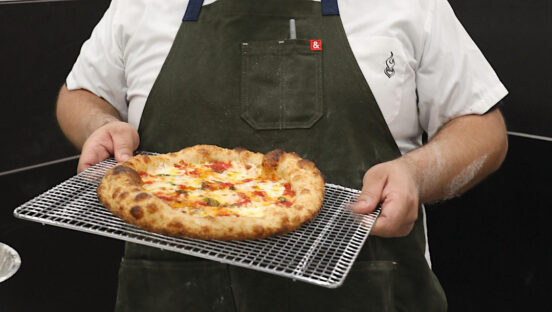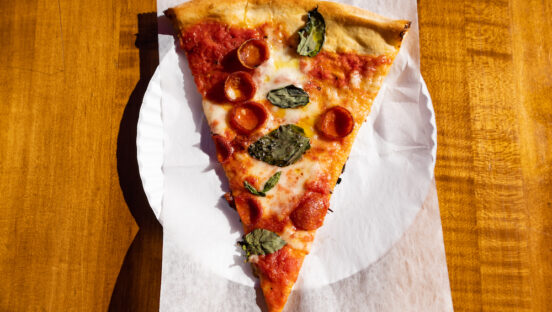- Does local water influence the taste of the finished crust? Not as long as the water is potable and doesn’t have any “off” flavors.
- If your local water is bad, a simple fix is to install a suitable water filter designed to address the issue at hand.
Q: I’ve heard so many stories about how water affects dough that I don’t know what to believe. What’s your take on this?
A: Water quality certainly does have an effect on dough quality, but not as much as many believe it to have. The main effect of water quality on the dough comes from the hardness of, or presence of, dissolved minerals in the water.
If you were to make two dough balls exactly alike but used hard water in one dough and soft water in the other, you would see that the dough made with the soft water was softer and a little slacker than the dough made with the hard water.
Your first reaction might be to assume that the dough made with the soft water was over-absorbed (made with too much water). But the truth is, the difference is due only to the water—or, more specifically, the dissolved minerals, or lack of same, in the water. The main dissolved mineral in hard water is calcium, and it is this mineral that complexes with the wheat proteins to strengthen it. Hence, the dough appears to be stronger and more elastic (firmer-feeling).
Bakers have known this for many years and, as a result, add either mineral yeast food (which contains calcium) or calcium sulfate to compensate for any differences in water hardness from the municipal water supply, or between bakeries in different locations. The addition of 0.25% calcium sulfate or 0.5% mineral yeast food has no harmful effects upon the dough if the water is hard. But if it’s soft, it will provide the necessary calcium to strengthen the dough.
Many of you have heard that the water will influence the taste of the finished crust, but this just isn’t so as long as:
1) The water at your pizzeria meets “potable” guidelines.
2) Your water doesn’t have any “off” flavors resulting from excessive iron, sulfur or chlorine or doesn’t come from a dated water supply system (stagnant or “swamp water” taste).
If any of these factors do exist, there is still a very easy and economical fix to the problem that will allow you to use your tap water for making dough. That fix is to install a suitable water filter designed to address the issue at hand. In many cases, a microfilter and an activated charcoal filter are all that are needed to clean up your water. It might be a good idea to check the pH of your water, too. This is easily done using litmus paper, available at any drugstore. The water should have a pH of 7.0 (neutral) or slightly less (acidic).
In Manhattan, Kansas, the municipal water supply runs on the alkaline side (pH above 7.0). Since yeast is an acid-loving organism, it exhibits a slightly slower rate of fermentation unless you correct for this condition by adding a bit of acid to the dough. The easiest way to do this is to add a small amount (0.25%) of monocalcium phosphate (MCP) to the dough as an ingredient. MCP is low-cost and readily available from any bakery ingredient supplier.
As for water affecting the taste of the finished crust, a few years ago, while on the PMQ Pizza Cruise, we visited Pizza Amore (pizzaamorestthomas.com) on St. Thomas in the Caribbean, where New York-style pizza was the order of the day. We were given a tour of the back room, where we watched dough and pizzas being made, and then went out front and enjoyed some really great-tasting pizza. The flavor was great; all you had to do was close your eyes and you would think you were in the Big Apple. They did this by using local potable water directly from the tap. Being a fairly small island, St. Thomas gets all of its water from rainwater collection cisterns; all they do is treat it to destroy microorganisms, then filter it, and it’s good to go. This is a far cry from the way New York City gets its water, but the end result was the same, and in the end, that’s what counts.
In short, you don’t need special water to make your pizzas!






